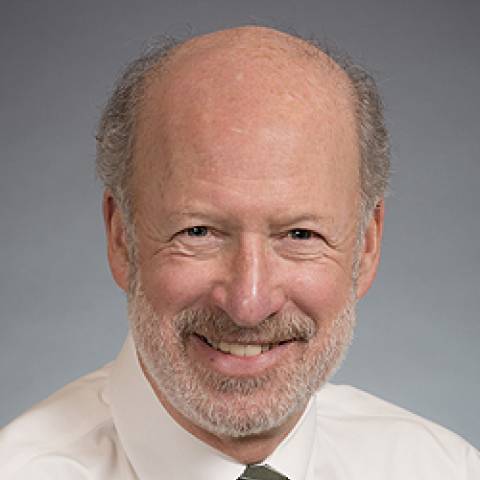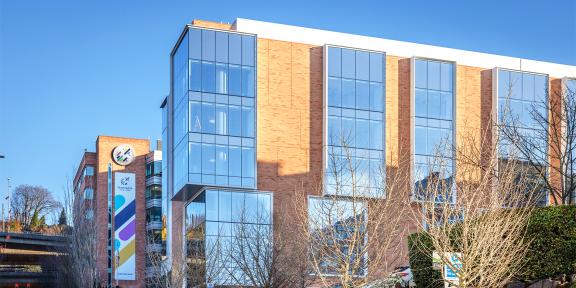Frederick R. Appelbaum M.D.

Accepting new patients
Please call to schedule an appointment with this provider.
Frederick R. Appelbaum M.D.
Medical Specialty
- Medical oncology
